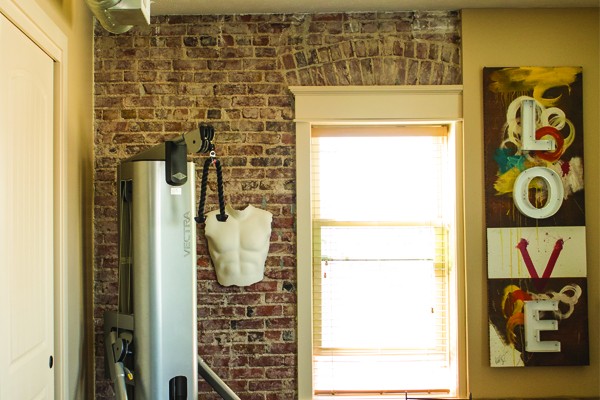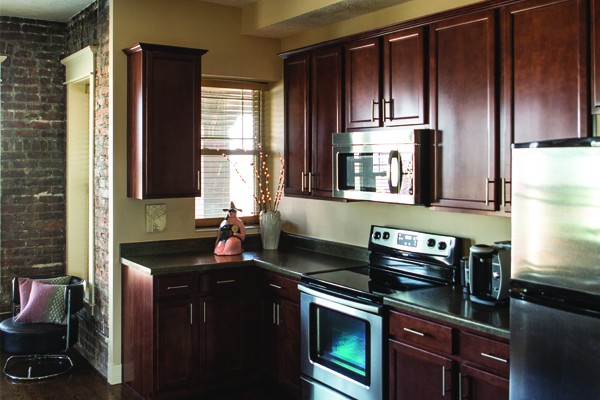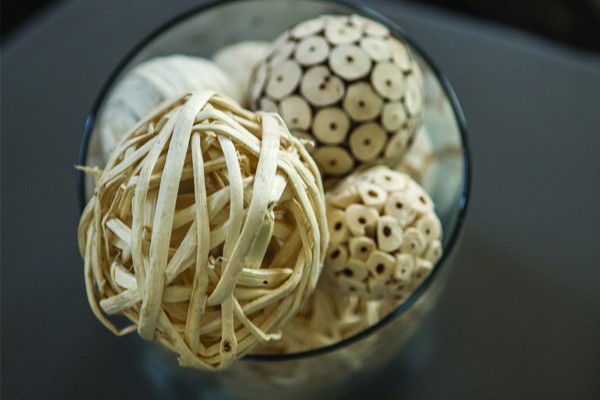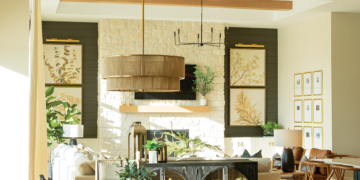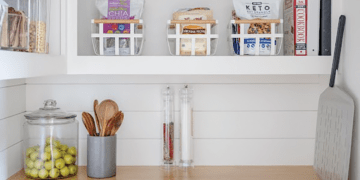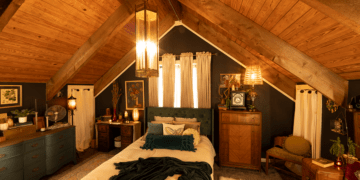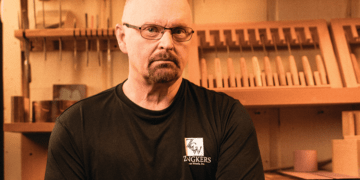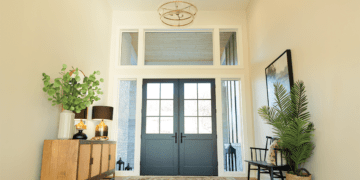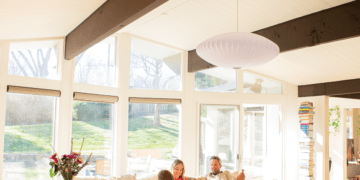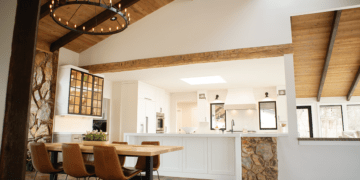It wasn’t until Dave Wingert was in his 20s that he learned, that, like himself, his father had been an actor and radio personality. And it wasn’t until that time that he learned the full circumstances surrounding his father’s death. He had committed suicide the day Dave was born.
“I inherited his talents to a T,” Wingert says. “I also inherited his melancholy.”
In December 2014, Wingert had his suicide planned. He’d recently been let go from KOOO when the station changed formats—he’d served as morning host since his departure from KGOR in 2012. He was in the middle of a run of A Christmas Story at the Omaha Playhouse. He was going to have to leave his downtown condo. He couldn’t imagine leaving it.
When the Playhouse show closed, he thought, he’d just leave altogether.
He started writing letters to his friends. And then he realized he couldn’t do it.
“It leaves such a wake,” he says. “I have friends who have people they’re still missing. You can’t do that.”
So he opened up to his friends. He started looking for a new place. After combing through numerous apartments downtown, he walked into a lofty apartment in The Unitah Flats, an Urban Village Development property at 29th and Leavenworth streets. There he found his new home.
“This place really was a life-changer,” he says. “To start a new chapter, your environment is important.”
The City of Omaha might agree. It approached Jerry Reimer and Scott Semrad, owners of Urban Village Development, in 2011 to come up with housing solutions for a four-block section at and around Park Avenue and Leavenworth Street—a notoriously difficult intersection plagued by drug activity and buildings in various states of disrepair.
“It was a hard project,” Reimer says. “The buildings were in awful condition.”
Urban Village, established in 2008, had been avoiding Park Avenue in its work to renew multifamily housing in Midtown; once it decided to tackle the project, the only real place to start was with a blank canvas. The buildings were gutted. Roofs were replaced. Buildings originally designed to contain specific numbers of units—which, over time, had been divided up to include more units—were outfitted with only the number of units intended.
The goal was to marry the best new-construction amenities—granite countertops, stainless steel appliances, lofty ceilings, washers and dryers, walk-in closets—with Midtown character; exposed brick walls, wood floors, and, especially, well-working windows.
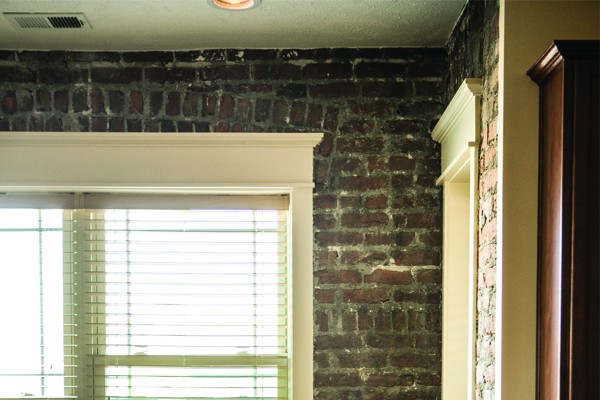
Reimer was careful to say the project, while respectful of the buildings’ history, wasn’t about historical preservation.
It was about a better future.
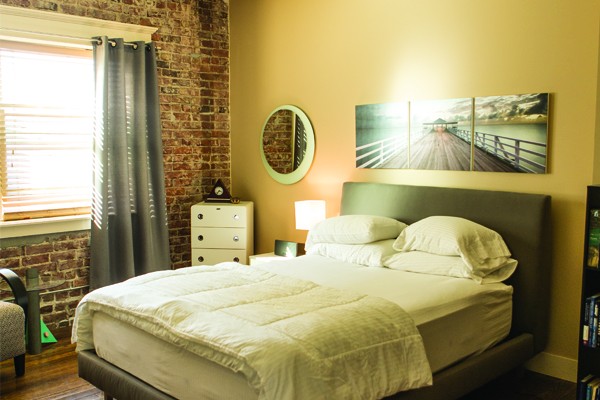
Wingert’s apartment in the Unitah is filled with things from his previous home—contemporary chrome and glass tables, a grey sofa, wood, and glass storage pieces. The walls are studded with vibrantly hued art and wall sculptures mostly done by local artists and friends. Twelve-foot ceilings and 8-foot colonial doors in crisp white gave him an airy space to fill.
“Everything found its own home,” Wingert says.
Several of his windows overlook a landscaped courtyard that’s part of the development; the others offer views of the neighborhood streets.
“I can sit at my computer or on my couch and watch 20- and 30-somethings walking their dogs outside,” Wingert says. “It’s a village. I feel that energy in the building.”
Of course, the hope now is that future improvements will come to Park Avenue—commercial and mixed-use space both. Reimer said the Park Avenue project couldn’t have happened without the model Mutual of Omaha’s Midtown Crossing created; he’s encouraged now by emerging developments like the Blackstone District.
“I hope it will come down to Leavenworth,” Reimer says. “It’s a big dream, but I think it could be the new Dundee someday. And if Park Avenue and Leavenworth can be successful, there’s not a project in Midtown that couldn’t be successful.
For now, for Park Avenue and Leavenworth, and for Wingert, things are beginning.
“Right now, I don’t need anything,” Wingert says. “Things have to move forward or move back. The nature of Omaha has gone away from the center and it’s starting to come back.
“I love it here,” he says. “I love making a difference in the city. This is my home.”
It’s all as it should be, he says.
“The universe always takes care of you.”



